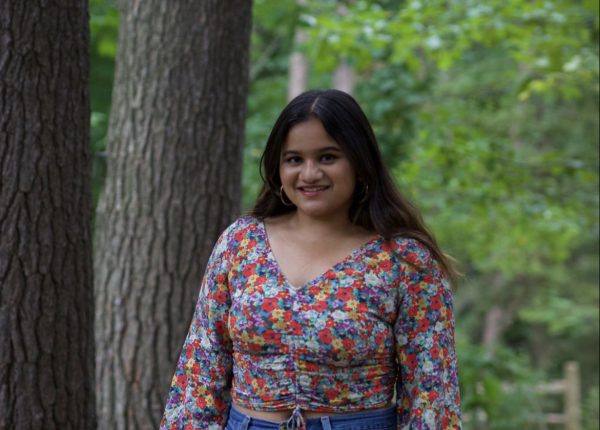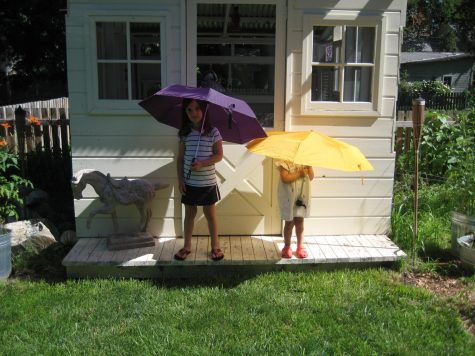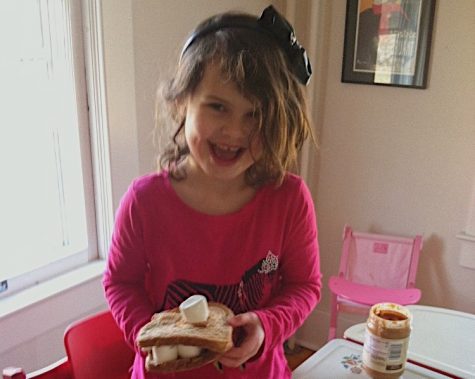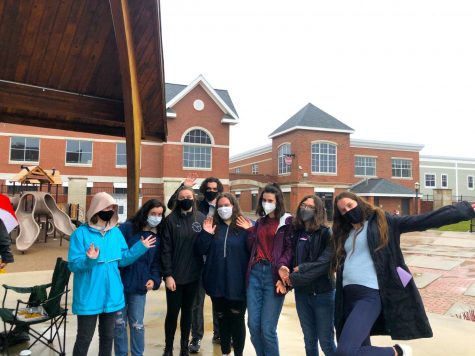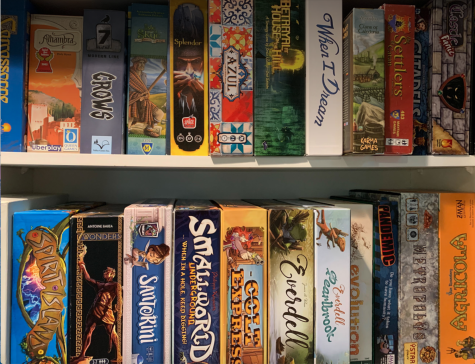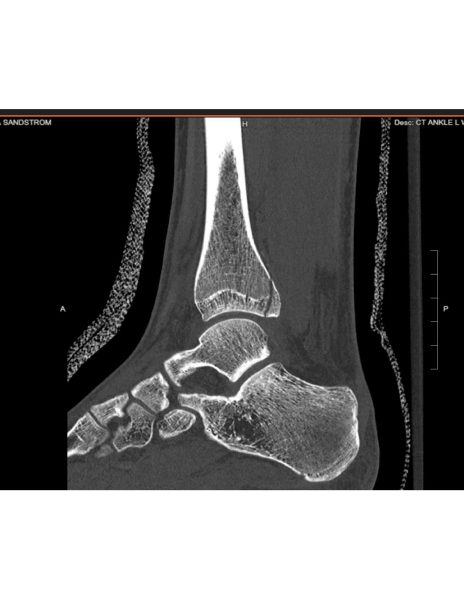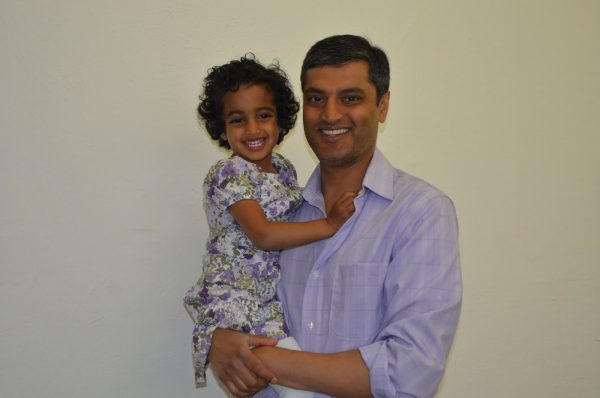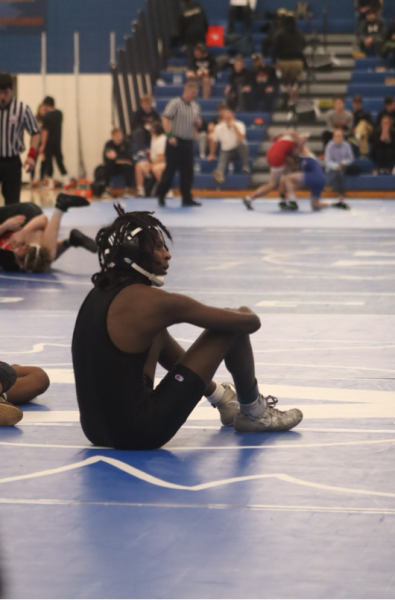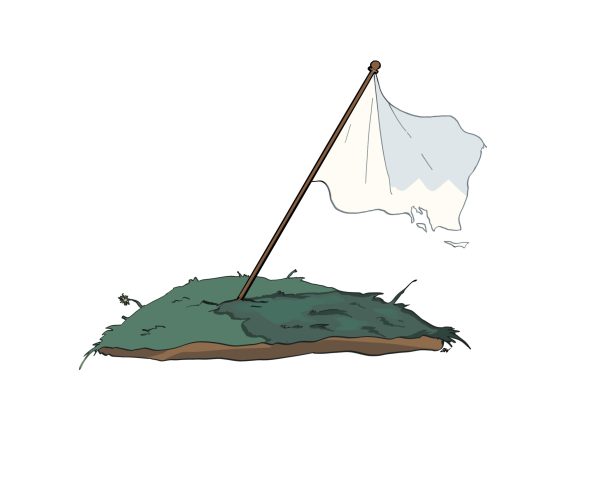unAmerican
When I was eight years old, I asked my grandmother where she was from.
She told me she was from a far away that was mango infested, filled with cardamom air, where the rivers flowed with milk tea instead of water. I thought I was from that land too, but she was fast to tell me I wasn’t.
She told me I was American, but my blood lay elsewhere.
A variety of experiences I had throughout my life told me I was from elsewhere. My eight year old mind couldn’t articulate what she was feeling.
To be American has been a word that lacks gravity and constantly gains fluidity. It’s a river in me, but my ocean exists elsewhere.
But to be American is to be inevitably intertwined with whiteness, which can make the American identity complicated for people of color and can leave one lost.
Dé Barney remembers feeling lost as a child, in search of themselves.
Barney, who is half African-American and half white, lived in China when they were nine years old.
When they lived there, people would assume everything they weren’t.
“People would assume I wasn’t American because I look racially ambiguous,” Barney said. “Then when I spoke English, people would realize I’m American.”
Barney considers themself American because their dad’s side of the family has been in America since the 1600s due to slavery.
“My ancestors have been in this country for so long and done so much for this country, because a lot was built off of slavery,” Barney said. “I do identify as American just because I have nothing else to identify myself on that part of my family.”
Their dad’s side does not know where in Africa their family comes from because of their history with slavery. Barney’s dads side has always identified largely with the American South.
Barney has felt envious of those that can trace and feel connected to their heritage because there has been no way of doing that for their family.
“I have tried to trace my ancestry back and did a DNA test, and while it was nice to know, I didn’t feel connected to it,” Barney said. “My family, we’re just not connected to it at all since it has been so long.”
This has led Barney to feel strong emotions of anger and confusion. For a long time Barney felt angry that no one in their family could tell me where they came from. Barney remembers classmates in old classrooms telling that their grandparents were from Italy or other places they could physically point out on a map.
“I was always like, I wish I could know where my family’s from, but that was ripped from us,” Barney said.
Being in the middle of not knowing where their family was originally from and not always being seen as American has left Barney feeling lost.
“It makes me feel really lost because I wasn’t sure what to identify with,” Barney said. “I can’t identify myself as African, I don’t know where my family [in] Africa comes from, but at the same time, sometimes people don’t think I’m American.”
Barney’s experiences have led them to learn that the American identity is still intertwined with whiteness.
Anyone can consider themselves American, but those who are seen as such are chosen. The selection is far from random and close to color.
Growing up with a family far from here, but being considered American by everyone except America has led me to feel lost too. It’s like being stranded on a buoy in an ocean of unknown, hoping to wash up on a land that will claim you as theirs.
Past the stereotypes and false narratives, we are as American as we are lost.
